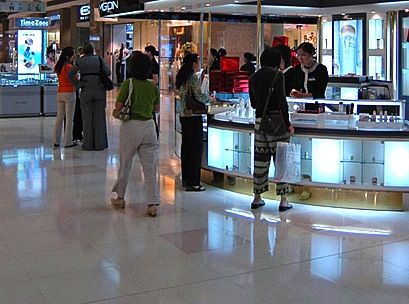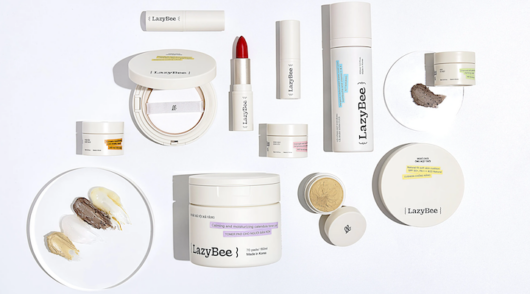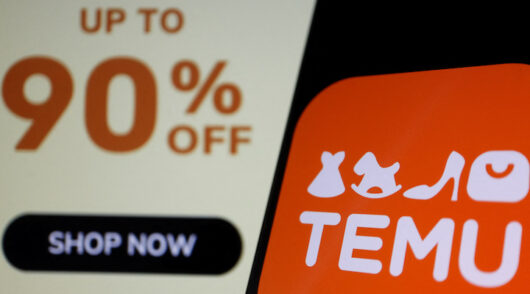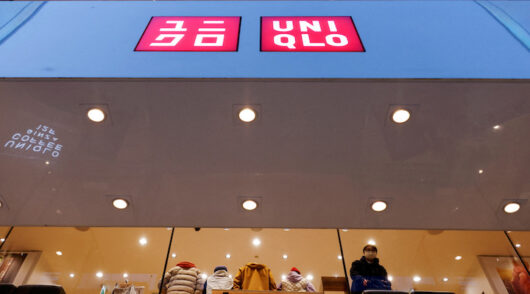What trends will consumers be buying into in 2014?
Global research house Mintel has identified five key trends set to impact the consumer market across Asia Pacific.
Internationalism
Whether to share joy, like the global celebration of the UK’s royal baby, or to remember, in the case of the passing of esteemed leaders like former South African President Nelson Mandela, the global community has become close-knit. Connections are heightened by the immediacy provided by technology; each day, people are using social media and other innovations to eliminate the barriers and the boundaries formerly presented by geography.
Already, interest in liquor has gone international, with 40 per cent of spirit drinkers in the UK and 67 per cent of spirit drinkers in the US saying they like to try drinks from other countries, such as sake, Chinese baijiu or Brazilian cachaca. Meanwhile, in Brazil imported vodka and whiskey have caused declines in sales of traditional sugar cane-based spirits. Yet, some modification might be required to break into a new market because 43 per cent of Chinese adults aged 20-49 who have purchased spirits would like to see Western spirits with packaging or bottles tailored to the local market.
Indeed, the provenance of products is increasingly important to shoppers in Asia Pacific, including highlighting origin such as dairy products from New Zealand. People are starting to see themselves as citizens of the world, who are easily connected with their counterparts from other countries through the Internet and social media. Another way to be active in a cause is conscious consumerism in which shoppers opt to support charitable efforts through their purchases.
Whether it’s through sports game viewing, clothing purchase, or online activism, the coming year will see a continued increase of global connections through both experiences and technology.
Life, Streamlined
The demand for instant gratification will continue to drive consumers in 2014. Mintel sees a perpetuated cycle emerging in which consumers want faster solutions to their problems, resulting in technology that answers those problems – only to lead to a demand for even faster solutions. In the coming year, more accessible – and even wearable – technology will provide people with solutions to problems they weren’t even aware they had.
This trend capitalises on smartphone ownership, which is nearly universal (90 per cent) among Chinese Internet users aged 20-49 surveyed by Mintel. The devices will become more convenient as industry sources predict that 2014 could see the widespread availability of mobile payments in China. Retailers also are appealing to shoppers with concepts like mobile in-store checkouts, sizing technology, smart appliances and mobile wallets. These solutions meld high-tech customised service with impersonal convenience, such as that seen in a leading beauty store in Singapore.
Ultimately, advancements will cut down on the need for people to find products, information and services; instead, the roles are being reversed and the products, information and services find people – allowing them to quickly move on with their more efficient and improved lives. Indeed, innovations in delivery are advancing with discussion around the potential of delivery via drones, heralding an era where next-day delivery becomes a concept of yesteryear. Innovations such as wearable fitness trackers, smart watches, and Google Glasses even remove the need for touch to interact.
Drawing the Digital Line
In reaction to concerns resulting from hyper-connectivity, in 2014 consumers will become increasingly cognisant of the need to unplug, to simplify, and to reconnect with the world around them. As the world sees increased discussion around the value and usability of wearable and ubiquitous technology, it will lead to a demand for more of a balance between living online and “real world” experiences.
This comes at a time when many recent technologies are nearing a point of complete societal saturation. Mobile phones are owned by at or near 90 per cent of adults in the US and China, according to Mintel research. Overall, the Internet has just reached an age where the youngest adult consumers do not know what life is like without it; these true digital natives are constantly connected without putting thought to it. With this pervasive connectedness, nearly seven in 10 (69 per cent) US consumers claim they need to set time aside to disconnect from being online.
Consumers have been developing the need to log off for some time, but 2014 will be the tipping point for action as technology becomes increasingly inescapable through wearable devices. While people will not abandon digitalisation altogether, they will develop a need to know when to unplug, which could lead to reconnecting with tangible and personal surroundings. Functional products that help consumers relax, such as lip balm in Taiwan, will become more commonplace.
Connection with the literal local is inherent in this trend, encouraging consumers to stop multi-tasking in 2014 and enjoy the world around them, elevating the importance of the “here and now.”
Investing in Prevention
Beyond money, food safety and health are major concerns among Chinese adults surveyed by Mintel. Half of Chinese respondents say they are most concerned about the safety of food products, 42 per cent about their personal or their family’s health, and 41 per cent about pollution. Elsewhere in the region, shoppers in South Korea and Japan are now more cautious when shopping due to concerns about food safety. Thus, consumers are also are paying more attention to product packaging; for some this includes country of origin, ingredient statement, calorie content, and nutritional effects.
Consumers are already taking steps to improve their health. Some 83 per cent of urban Chinese consumers who have purchased vitamins and supplements have done so to help ward off illnesses or improve immunity. Furthermore, half take vitamins and supplements to compensate for poor eating habits, which is more than the one-quarter of vitamin, mineral, and supplement users in the United States who take the products for the same reason. Preventative measures are not limited to diet: 83 per cent of Chinese internet users surveyed by Mintel would like to see more options of cleaning products that provide added benefits for the health, such as furniture cleanser with lavender fragrance that helps you sleep.
In 2014, across all industries, Mintel predicts shoppers will be open to investing in solutions that can help them be more responsible in the present, while also preparing for any less-than-desirable scenarios that could arise down the road.
Redefining Value
As consumers take stock following myriad economic highs-and-lows, they are emerging with new priorities. Lowest price no longer equates with the best value as consumers are paying more attention to how their purchases align with their personal beliefs. People are reevaluating their brand allegiances, reconnecting with products by supporting artisan manufacturers, shopping at independently owned retailers, or opting to do-it-themselves.
Mintel has observed this trend taking place in the West, however, as the trend migrates, Mintel sees it taking different shapes in different markets. In retail, private label brands in Japan and Australia are taking advantage of this expanded definition of value with revamped lines that attract careful shoppers who do not want to compromise to save money. Not to be left out, brands are creating smaller packaging in markets like India instead of instituting price increases.
In the region’s largest market, Chinese consumers prioritise many factors above low price. Safety, brand, drivability, and fuel efficiency outrank low price, which just two per cent of Chinese internet users aged 20-49 who own or plan to buy a new car rank as the most influential factor when purchasing a car. Travel is a newfound part of the value proposition as people choose to invest in experiences. Slightly more than one-third (34 per cent) of Chinese adults aged 25-49 say they have spent more on holidays to treat themselves. This could increase as the visa processes for admitting Chinese visitors to the European Union are being simplified.
As they carefully read labels, scan QR codes, or check online reviews before buying, shoppers are sleuthing before charging. Product recalls, questionable claims, and shady business practices have heightened the skepticism in consumers. This elevates the need for brands to be authentic and transparent in their business practices in 2014.
In 2014, companies must the careful to monitor all aspects of their image and interaction with fans – ensuring that they’re aligning with corporate responsibility goals as well as the key priorities of its current and prospective consumers.






